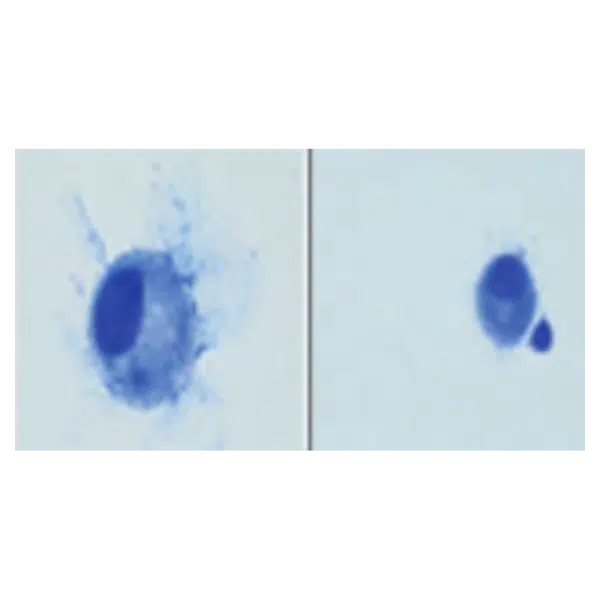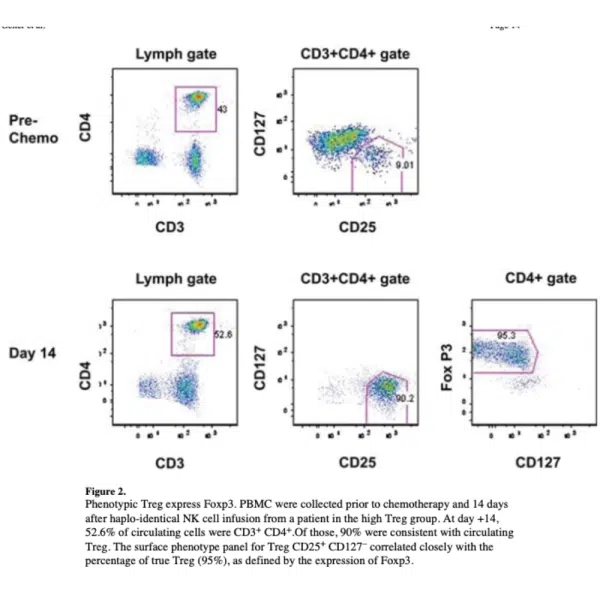Ovarian cancer is a formidable and often insidious disease that affects the ovaries, the reproductive organs responsible for producing eggs and hormones. As one of the most deadly cancers affecting women, understanding the complexities of ovarian cancer is crucial for early detection, effective treatment, and improved survival rates.






Ovarian cancer is a type of cancer that originates in the ovaries, which are the female reproductive organs responsible for producing eggs. It is the eighth most common cancer in women worldwide, and the fifth leading cause of cancer death among women.
According to the World Health Organization, there were an estimated 313,959 new cases of ovarian cancer and 207,252 deaths from the disease in 2020. Ovarian cancer is most commonly diagnosed in women over the age of 50, but can occur at any age. Women with a family history of ovarian cancer or certain genetic mutations, such as BRCA1 and BRCA2, are at higher risk of developing the disease.
Early detection is key to improving outcomes for women with ovarian cancer. Unfortunately, the disease is often asymptomatic in its early stages, which can make it difficult to diagnose. Some common symptoms of ovarian cancer may include abdominal bloating, pain or pressure, difficulty eating, and changes in bowel or bladder habits. Women who experience these symptoms for an extended period of time or have a family history of ovarian cancer should talk to their healthcare provider about screening options, which may include blood tests, imaging studies, or a biopsy.
Ovarian cancer is typically classified into four stages, based on the extent of the disease at the time of diagnosis.
Stage I: Cancer is confined to one or both ovaries.
Stage II: Cancer has spread to other pelvic organs, such as the uterus or fallopian tubes.
Stage III: Cancer has spread to lymph nodes or other organs outside of the pelvis.
Stage IV: Cancer has spread to distant organs, such as the liver or lungs.
Treatment options for ovarian cancer vary depending on the stage of the cancer, location, and overall health of the patient. Surgery is usually the first step in treatment, as it is the most effective way to remove cancerous tissue from the ovaries, uterus, and fallopian tubes. In some cases, only one ovary or the fallopian tube may need to be removed, while in more advanced cases, a total hysterectomy (removal of the uterus, ovaries, and fallopian tubes) may be necessary.
Chemotherapy is also commonly used to treat ovarian cancer. It involves the use of drugs to kill cancer cells or slow their growth. Chemotherapy can be administered intravenously or by pill, and may be given before or after surgery. Sometimes, chemotherapy is combined with radiation therapy, which uses high-energy X-rays to destroy cancer cells.
In recent years, immunotherapy has emerged as a promising treatment option for ovarian cancer. Immucuras Immunotherapy uses the body’s own immune system to fight cancer. One type of immunotherapy called Dendritic Cell Therapy involves extracting immune cells from the patient’s body and manipulating them in a laboratory to create dendritic cells. These dendritic cells are then injected back into the patient’s body, where they help to activate the immune system to recognize and attack cancer cells.
Clinical trials are also being conducted to test the effectiveness of targeted therapy for ovarian cancer. Targeted therapy uses drugs that target specific molecules that are involved in cancer growth and progression.
The chances of recovery from ovarian cancer depend on the stage of the cancer at the time of diagnosis, as well as the woman’s overall health. According to the American Cancer Society, the five-year survival rate for women with ovarian cancer is approximately 48%.
Women who are diagnosed with ovarian cancer at an early stage and receive prompt treatment have a better chance of recovery than those diagnosed at a later stage.
Dendritic Cell Therapy is a treatment that you might consider in case you are a cancer patient. This therapy uses the body’s own immune system to fight cancer. But what is it like to actually undergo this type of treatment? To give you an idea, we’ve included an excerpt from the testimonial of a cancer patient who has undergone Dendritic Cell Therapy. Her experience provides insight into what you can expect from this type of treatment: “We thank you for all your support during these trying times. We are impressed and reassured of your method, and I will personally spread the word. So many lives could be saved!” Daniela. You can check her whole testimonial here.
© 2025 Immucura. All Rights Reserved
Loading: Please wait…
Loading form: Please wait…
Loading: Please wait…
Loading form… Please wait…
Loading form: please wait…